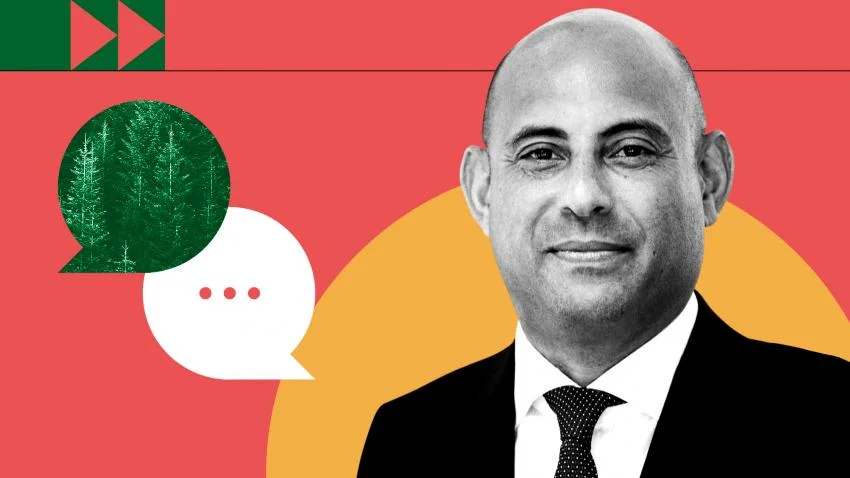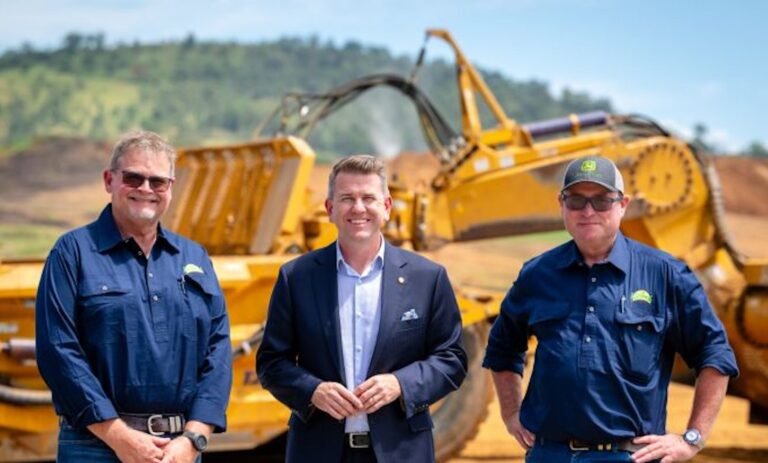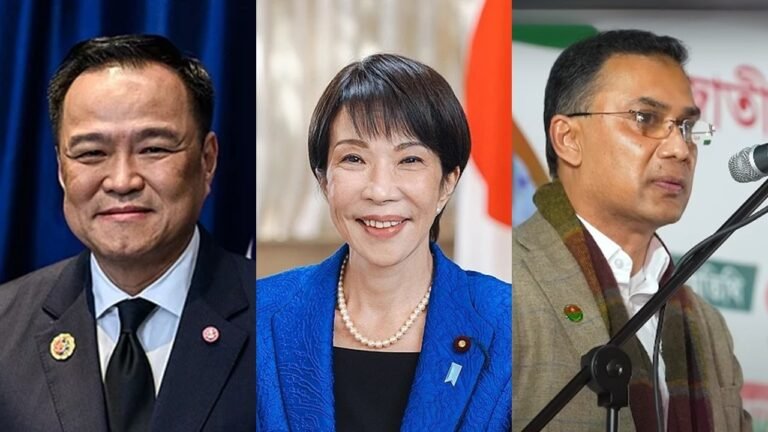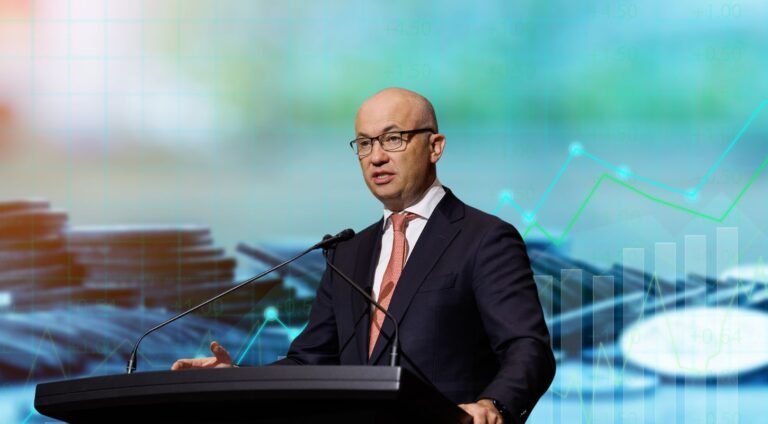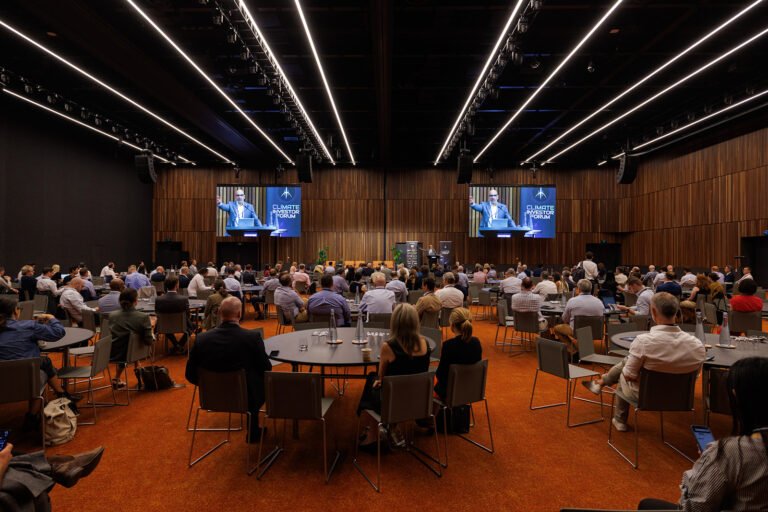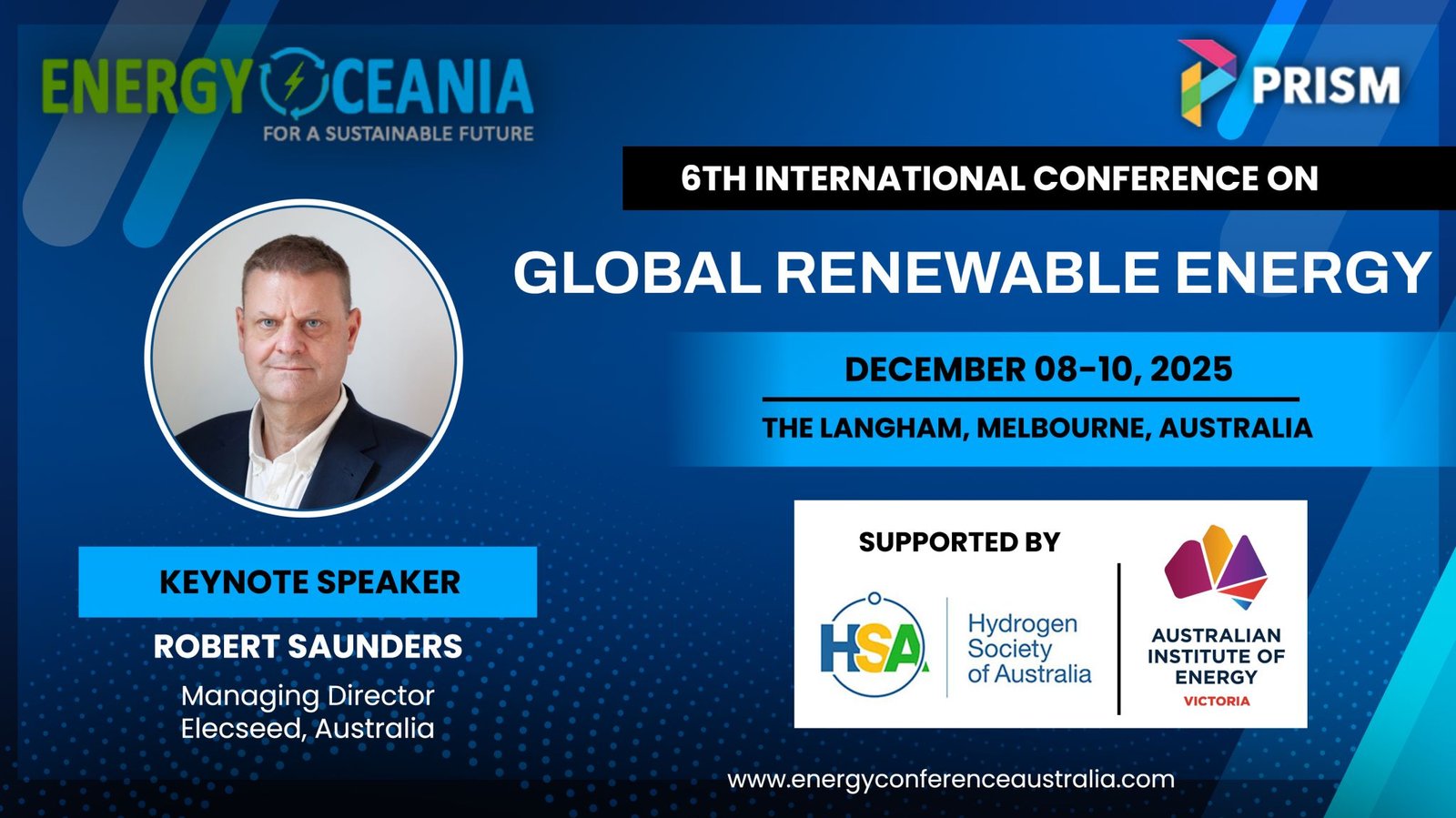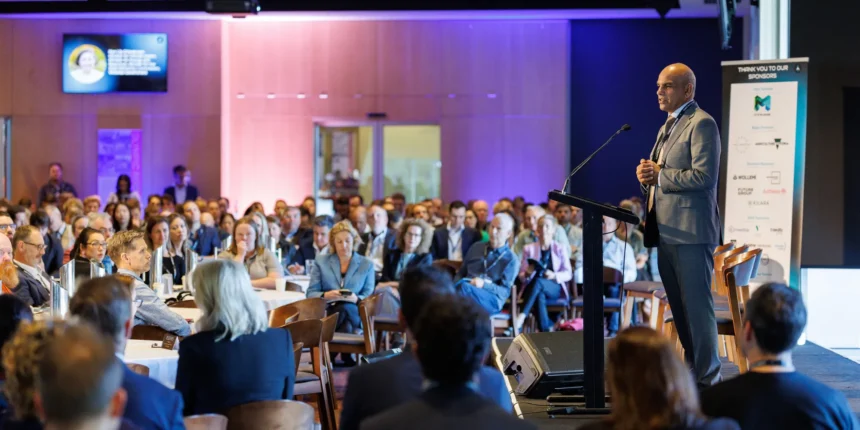The UN Framework Convention on Climate Change (UNFCCC) Executive Secretary Simon Stiell made a much‑anticipated visit to Australia in late July, igniting fresh urgency around the nation’s climate trajectory—and the stakes couldn’t be clearer.
Image Credit-United Nations
As September’s deadline approaches, the world will watch whether Australia seizes the opportunity—or lets it pass.
Simon Stiell’s Australia stopover was purposeful and pointed—delivering a sobering reminder that the next climate target isn’t a checkbox: it’s a chance. A chance to safeguard prosperity, cement green leadership, and signal that Australia is not only prepared, but eager to go big.
A Defining Moment, Not Just Another Deadline
At a Smart Energy Council event in Sydney, Stiell delivered a pointed message: the 2035 emissions reduction target is more than procedural—it’s a national pivot point. “This isn’t just the next policy milestone. It’s a defining moment,” he said, pressing Australia to avoid mediocrity. “Bog standard is beneath you. Don’t settle for what’s easy. Go big.”
Stiell didn’t mince words. He warned that failure to act could shave off $6.8 trillion from GDP by 2050, drag down living standards by more than $7,000 per person annually, and expose the region—especially Pacific neighbors—to deep vulnerabilities His refrain: unchecked climate change becomes an economic wrecking ball.
High-Level Meetings and Institutional Momentum
In Canberra, Stiell met with Climate Change and Energy Minister Chris Bowen, underscoring the UN’s support for Australia’s bid to co-host COP31 alongside Pacific partners. Stiell emphasized that resolving this hosting deadlock—currently a standoff with Türkiye—was critical to maintaining the momentum of the global climate process.
Beyond that, Stiell took part in a symbolic “Ring the Bell” ceremony at the Australian Securities Exchange, marking the launch of the Sustainability Reporting Community of Practice (SRCoP). Run jointly with UN Global Compact Network Australia, ASX, and Chartered Accountants ANZ, this initiative aims to fast-track corporate climate leadership, transparency, and accountability—essential under the new mandatory climate-related reporting frameworks.
Why This Matters
Australia is scheduled to submit its updated Nationally Determined Contribution (NDC) for 2035 by September, with advice from the Climate Change Authority already leaning toward a 65–75% emissions cut from 2005 levels—a sharp escalation from the current 43% commitment to 2030.
Stiell reinforced that bold targets are not altruistic—they’re pragmatic. “Doubling down on clean energy is an economic no-brainer,” he asserted, pointing to Australia’s world‑class resources, manufacturing strengths, and the investment boost signaled by its A$22.7 billion “Future Made in Australia” plan.
The Broader Context: Politics Meets Realism
Domestically, the climate narrative remains contested. Nationals MP Barnaby Joyce unveiled a bill aiming to repeal the net‑zero by 2050 pledge, arguing the policy burdens regional communities. Stiell’s message to Canberra remains razor‑sharp: half‑measures aren’t just insufficient—they’re dangerous.
The Executive Secretary, United Nations Framework Convention on Climate Change Simon Stiell backgrounder.

